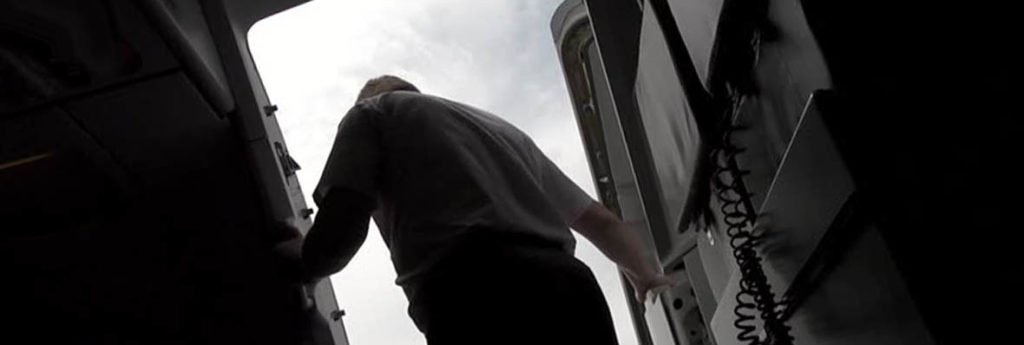Bombardier Inc. is completing its exit from commercial aviation as the plane-and-train maker sells its remaining stake in the A220 jetliner for nearly $600 million. Bombardier said Thursday it has entered into an agreement with Airbus SE and the Quebec government in which the company has transferred its shares to Airbus and the province, its latest move to emerge from more than $9 billion in debt.
The deal boosts Airbus’s share in the A220 program to 75 percent from just over 50 percent, while Quebec’s stake rises to 25 percent from 16 percent.
In exchange, the agreement hands Bombardier US $591 million, including US $531 million immediately.
The news comes as Bombardier reported a loss of US $1.61 billion for 2019 and rumours continue to swirl around the potential sale of one of its two main divisions later this year.
“We are looking at our options. As you can understand, it’s very sensitive,” chief executive Alain Bellemare said on a conference call with investors Thursday morning.
“The reason why we’re looking at strategic options is to accelerate deleveraging of the business,” said Bellemare, who took the helm in 2015. “The strategy was always to exit commercial aircraft.”
Under the new deal, work packages for the A220 and A330 single-aisle planes will be transferred to Airbus through the Europe-based aircraft giant’s subsidiary Stelia Aerospace, securing 360 jobs in Quebec, Bombardier said.
David Chartrand, Quebec co-ordinator for the International Association of Machinists and Aerospace Workers, deemed the deal “the best scenario under the circumstances.”
“Bombardier’s complete withdrawal from the construction of commercial aircraft represents the end of an era,” he said in a statement.
“That said, we already know the intentions of Airbus, which plans to increase their footprint in Quebec. For us, the important thing has always been to preserve jobs, working conditions and our Quebec aerospace ecosystem.”
Bombardier said that in 2016 – the year before it sold a controlling stake to Airbus – its commercial aerospace segment lost about US$400 million and was consuming roughly $1 billion in cash.
The company, which reports earnings US dollars, saw revenues decline three percent year over year to US$15.76 billion in 2019, and two percent to $4.21 billion in the quarter ended Dec. 31.
Bombardier reported a loss of $1.61 billion in 2019 and a loss $1.72 billion last quarter.
Three major rating agencies have voiced concerns this year over the finances of the firm, which acknowledged last month it is looking to lighten its massive debt load.
Quebec Economy Minister Pierre Fitzgibbon called the new deal a “win-win” for all partners.
“The agreement will allow Bombardier to improve its financial situation and Airbus to increase its presence and footprint in Quebec,” he said in a release.
Bombardier, founded in Valcourt, Que., in 1942 as a snowmobile manufacturer, turned a profit in 2018 for the first time in five years as its business jet unit delivered and despite several train project challenges.
While high-margin jet deliveries continue to ramp up, analysts point to volatility in the luxury market of private planes compared to the relatively stable field of railcar construction, which is fuelled by government infrastructure projects.
The two divisions are Bombardier’s main revenue streams after the Montreal-based company announced last year it would sell its aerostructures business for US $1.2 billion, which followed the sale of its Q400 turboprop business for US $300 million in 2018.

